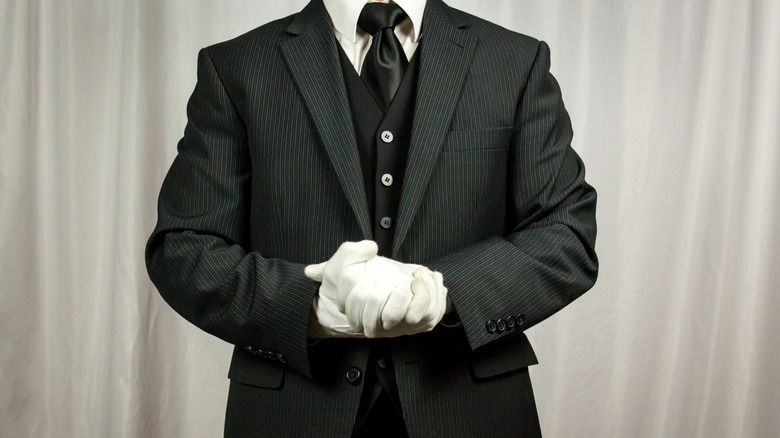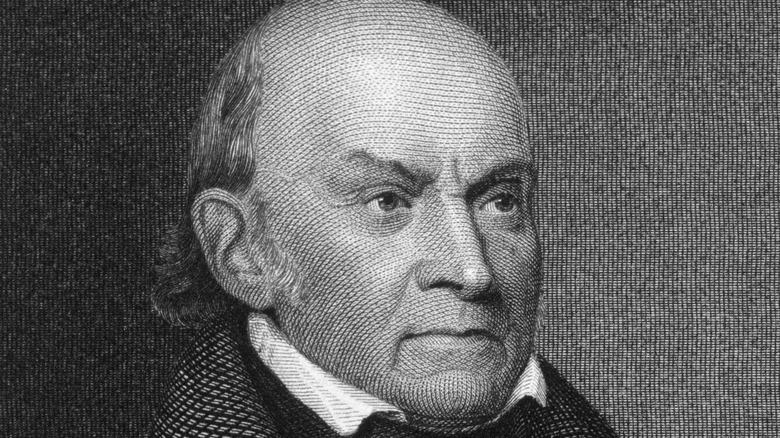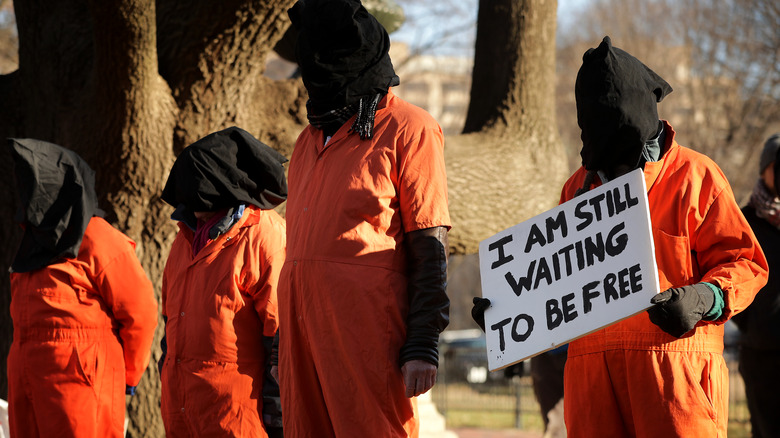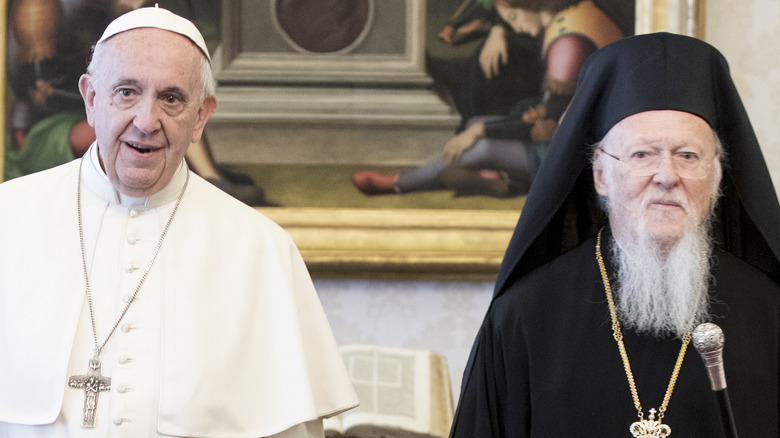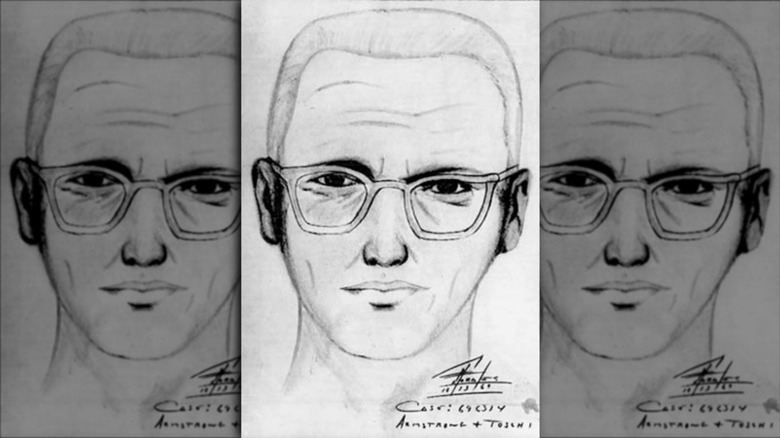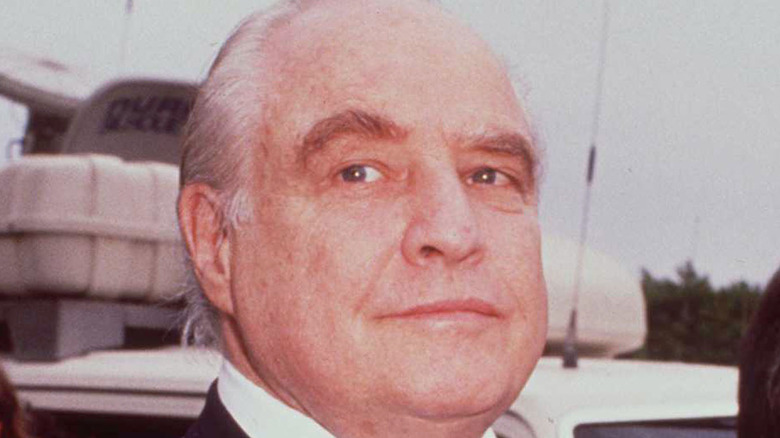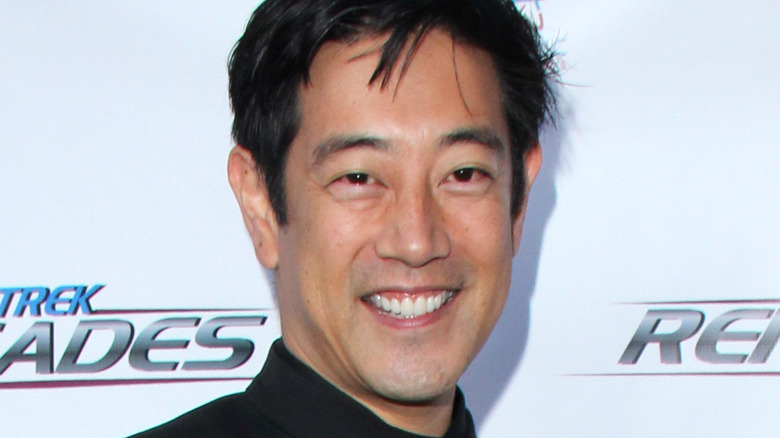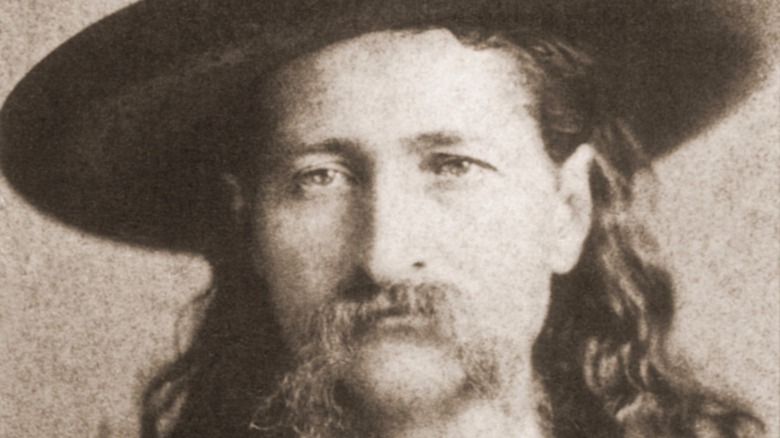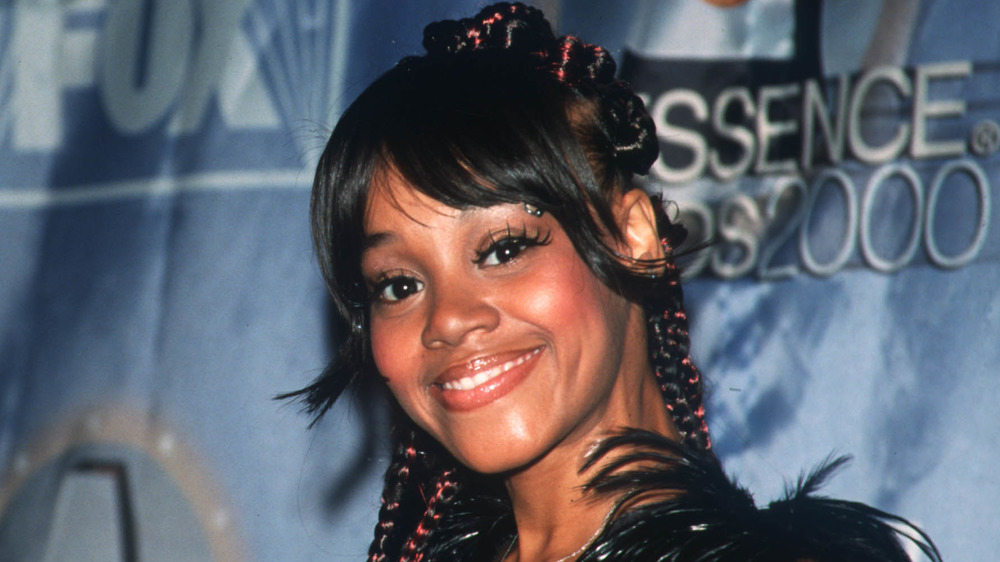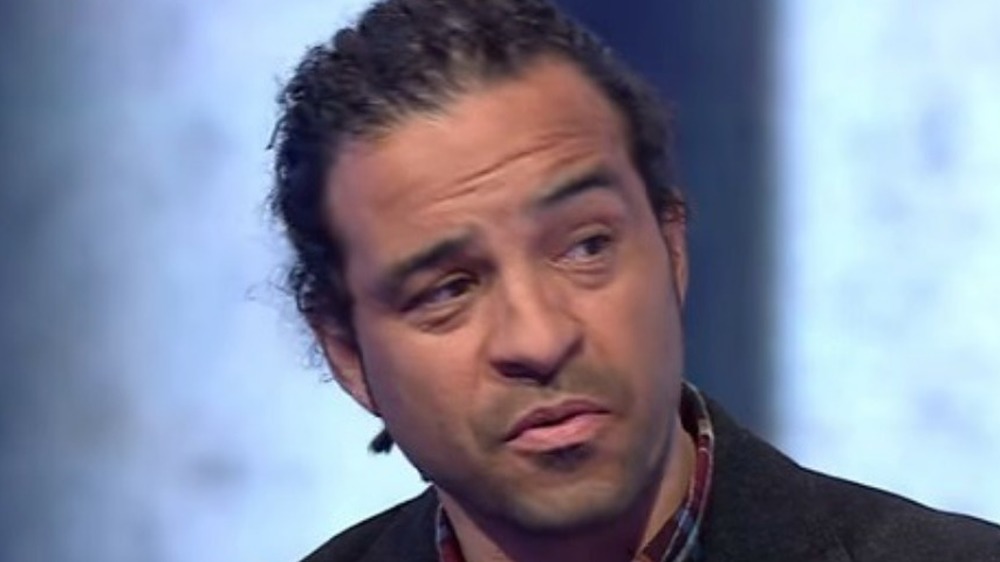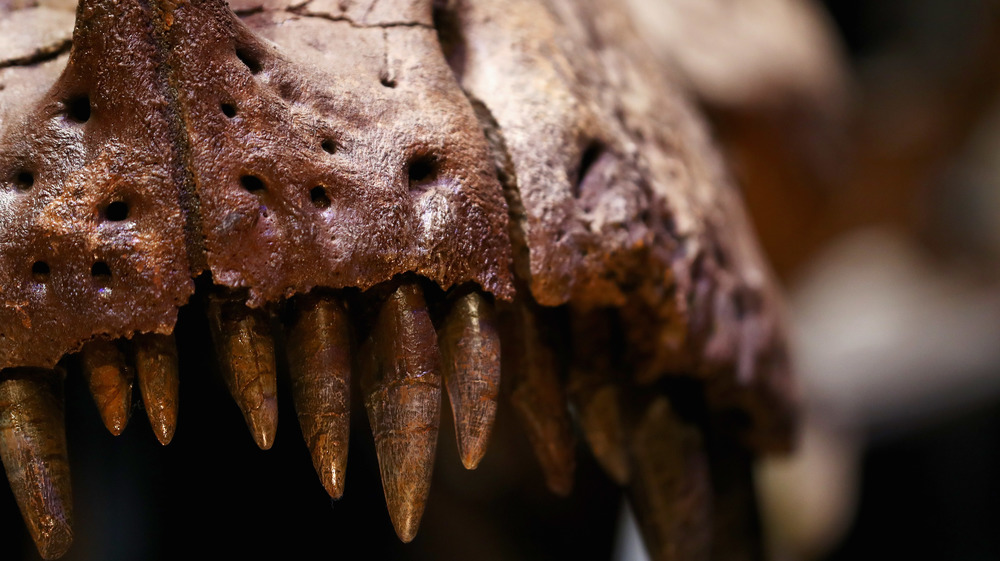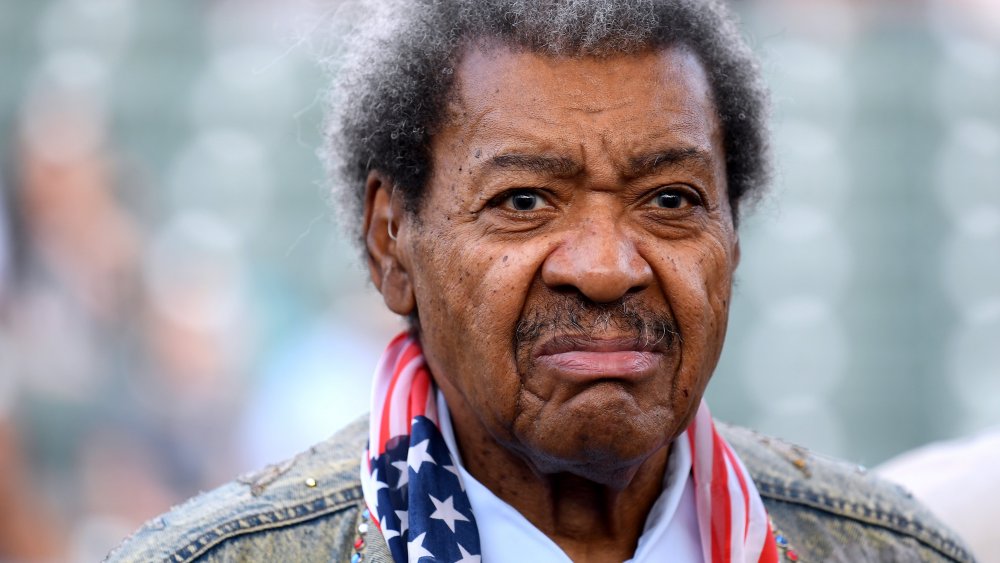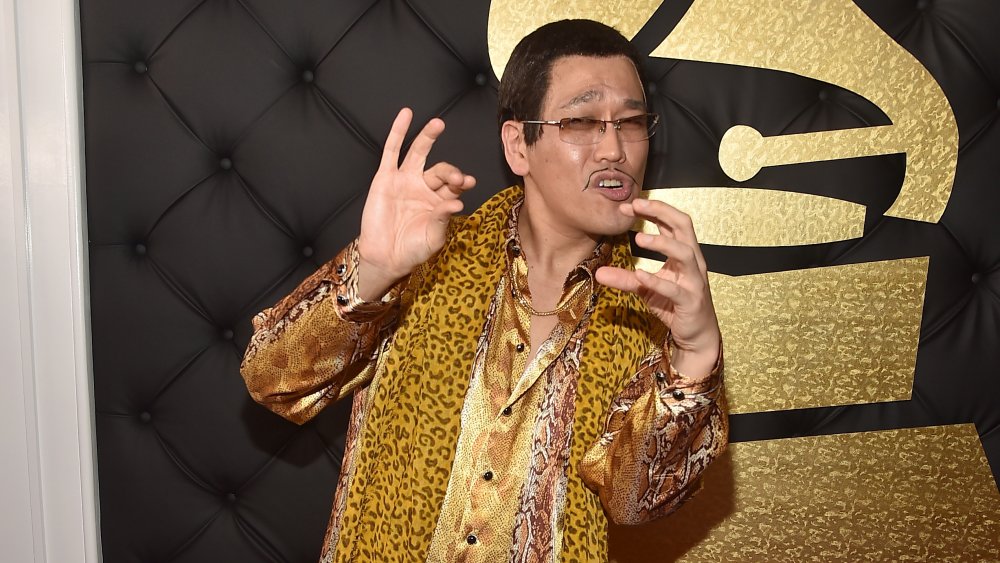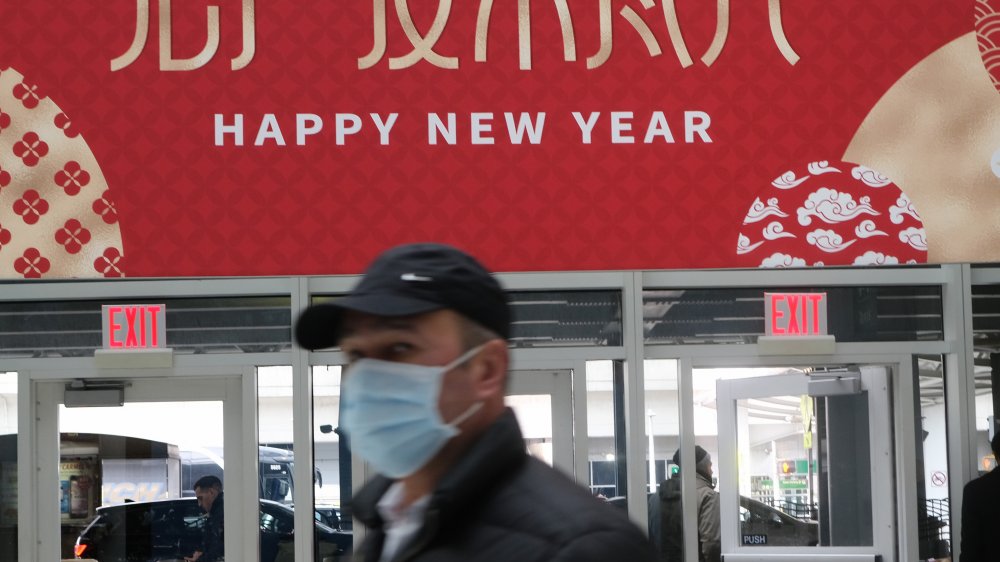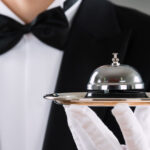
How Much Money Does A Butler For The Royal Family Actually Make?
Anybody keen on a life of voluntary servitude to a cash-flush autocrat? You’re in luck, because the royal family just might be hiring. Seriously, you can head on over to The Royal Household (it’s got an insignia and everything) and poke through the job options. At present, we’ve got Upholsterer (£23,000 – £25,000 a year), Liveried Helper (the folks who take care of horses and carriages, no specified salary), and Operational Support Coordinator at Buckingham Palace (£28,000 a year), which, judging by the job description, is pretty much a tour guide.
But how about butlers? What do they even do, besides wear tuxedoes and deliver pheasants under a domed dish cover? Is he (or she, if that’s allowed) basically just a royal gopher, fetching jewels, mandates, corgis, what have you, whilst scurrying hither and thither? This entire line of work — the “domestic worker” industry — seems so odd, precisely because it looks like it belongs to a previous age. Laundry, dishes, cleaning, garbage: most people in the modern age do these things by themselves. Very few have servants, maids, even nannies, at the very least due to the economic impossibility of it all.
Historically, though, servants — butlers included — belonged to an entire hierarchy of live-in, gender-divided wage laborers who played key roles in households through Europe and the UK. And only recently, in 2015, has the royal family started paying “living wages” of £9.15 per hour ($13) in London, £7.85 ($11) elsewhere, per the Independent.
A low-paying “living wage” with high, eventual earning potential
All in all, Business Insider reports that a “Trainee Butler” earns about £15,000 a year (about $21,000). However, as the “trainee” implies, this figure can rise dramatically with experience. How high? Once butlers leave royal service, they’re in demand for the uber-wealthy. Per the Independent, they might be offered £100,000 a year or more ($140,000), get shipped to New York, Dubai, or the Caribbean, and manage multiple households while receiving “job perks” that include “accommodation, food, health care, and a car.” This isn’t typical, though. Historically, butlers were basically household overseers who retained some light duties like polishing silverware and managing wine cellars (per Life Takes Lemons).
That’s not to say that being a butler is easy. In 2020, the Daily Express recounted tales told by previous royal butlers and other household staff in the documentary “Royal Servants” (available on YouTube). The familiar phrase, “The best servant is one that is neither seen nor heard,” seems to be the rule of thumb. The documentary says, “The royal family demand the most professional servants in the world, the kind of servants who would rather die than make a mistake.” Butlers, for instance, lay out clothes in the morning, silently, behind the scenes, “lest royal ears are offended.”
Paul Kidd, royal butler (1975 – 1982), spoke well of Elizabeth, the Queen Mother. Royal servant Peter Russell (1954 – 1968), though, said that Princess Margaret treated people like “human ashtrays.”
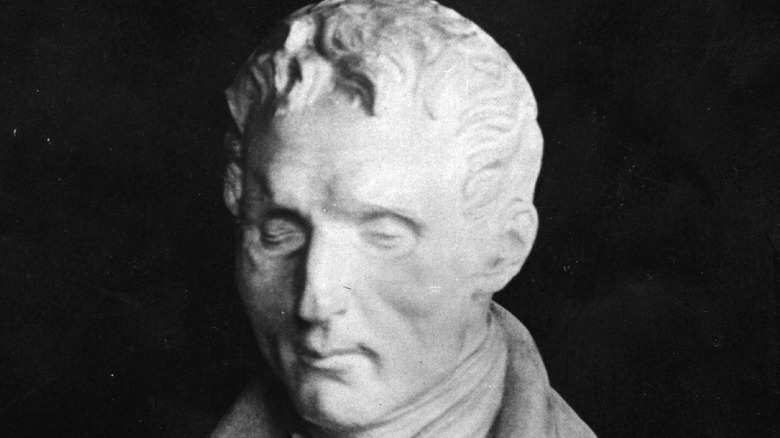
The Truth About The Kid Who Invented Braille
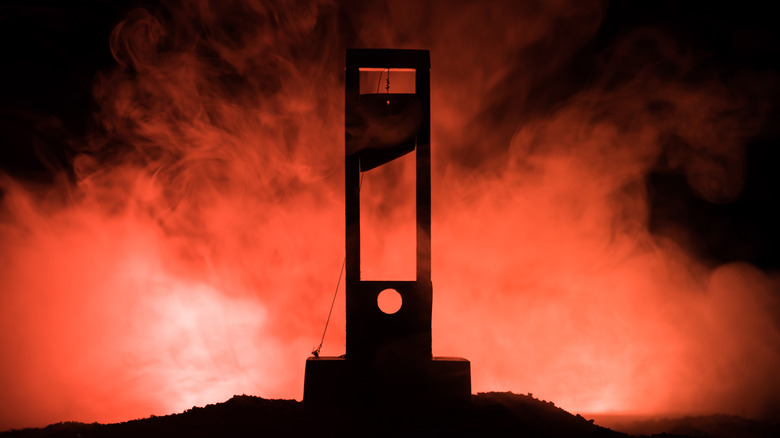
Why Guillotine Operators Were Once Considered Celebrities
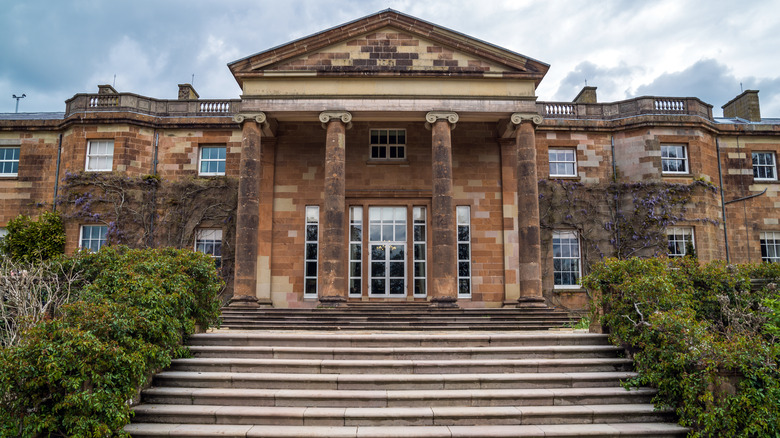
The Mysterious Skeleton Discovered In Northern Ireland's Hillsborough Castle

The Two Wars That Contributed To The Existence Of M&Ms
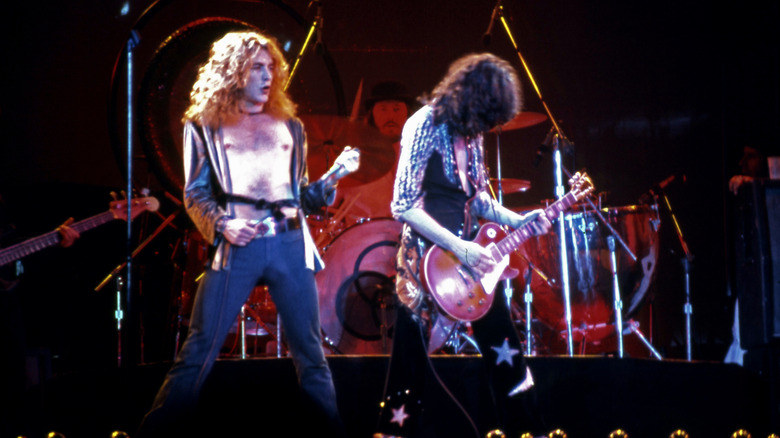
The Real Reason These Classic Rock Hits Were Never Performed Live
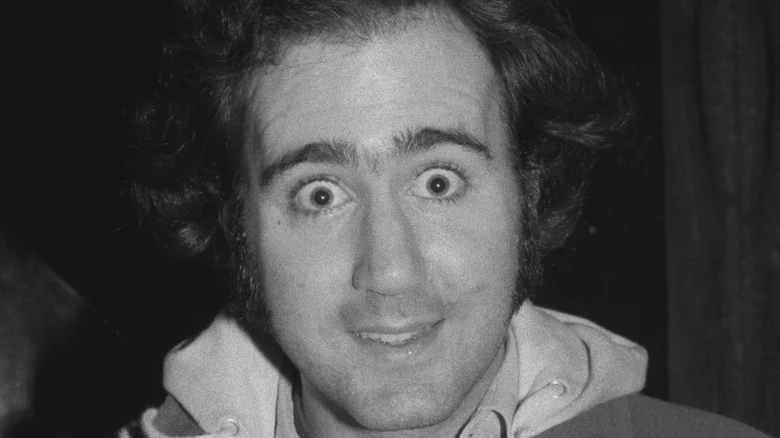
The Reason Some Are Convinced Andy Kaufman Is Still Alive

The Great Commission In The Bible Explained
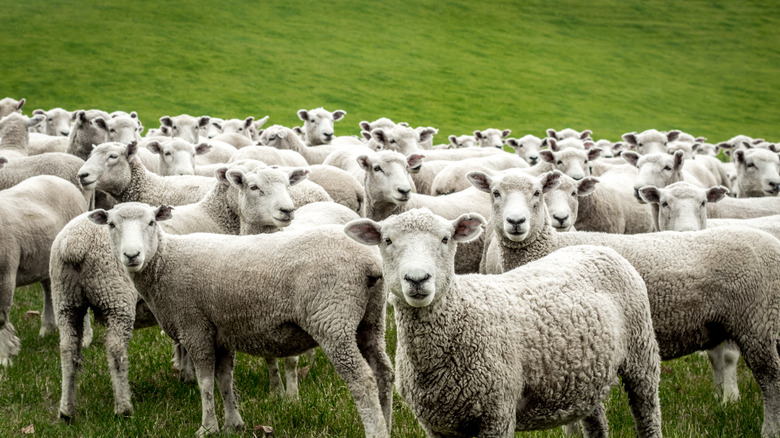
The Mystery Of The Great Sheep Panic
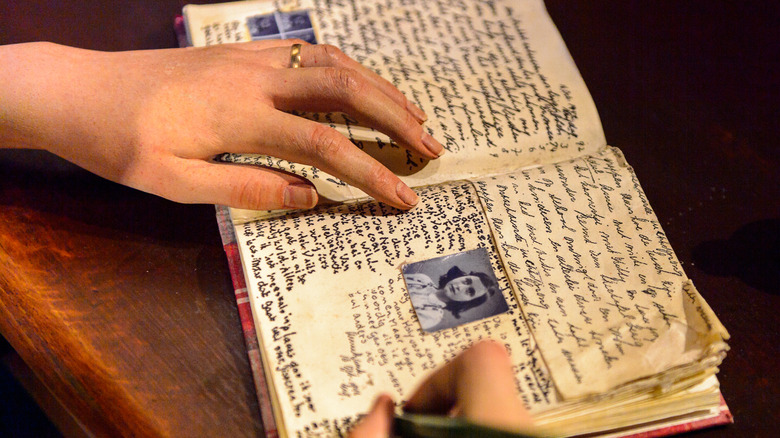
Why Anne Frank's Diary Wasn't Published At First
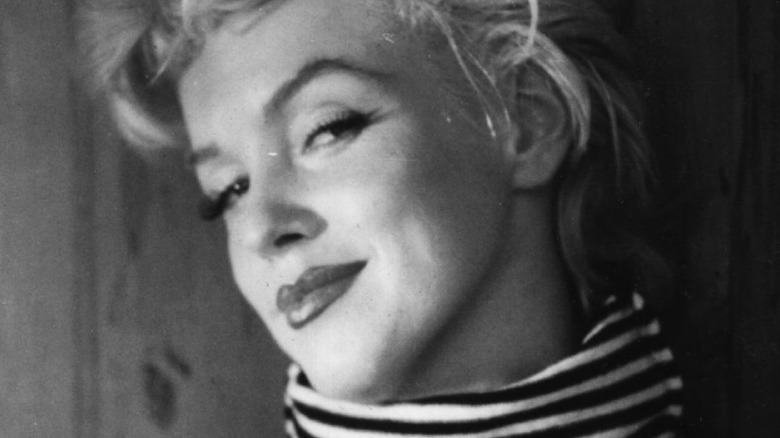
Marilyn Monroe's Eerie Letter From Inside A Psychiatric Hospital
